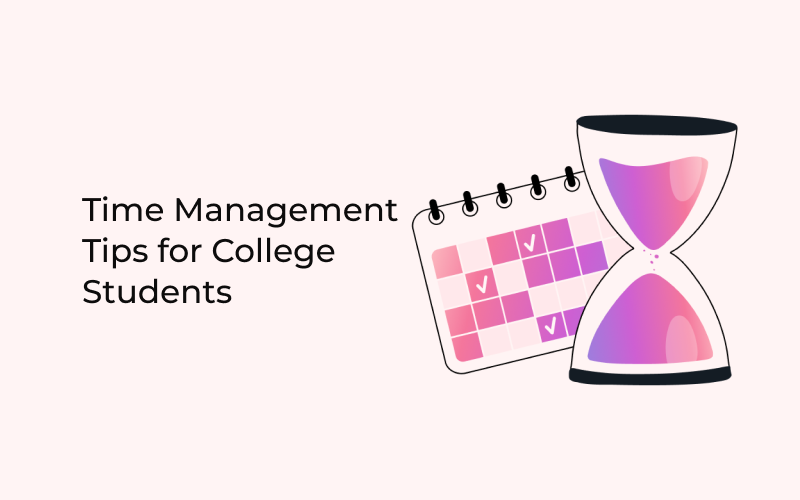Studying abroad in the United States is a dream for many international students. With world-renowned universities, diverse cultures, and abundant opportunities, it’s easy to see why the U.S. is a top destination for higher education. However, the cost of living and tuition fees can be high, leading many international students to seek ways to earn money while studying. This article will explore various legal options for international students to earn income while studying in the United States, helping them to cover expenses, gain work experience, and make the most of their time abroad.
1. On-Campus Employment
One of the most common and accessible ways for international students to earn money in the United States is through on-campus employment. U.S. immigration regulations allow students on an F-1 visa to work up to 20 hours per week during the academic year and full-time (up to 40 hours per week) during school breaks and holidays.
On-campus jobs include working in the library, cafeteria, bookstore, or as a research or teaching assistant. These positions are often posted on the university’s job portal or announced through the career services office. On-campus employment offers convenience, a chance to network with faculty and peers, and the opportunity to gain experience in a supportive environment.
2. Curricular Practical Training (CPT)
Curricular Practical Training (CPT) is a type of off-campus work authorization for F-1 students that allows them to gain practical experience in their field of study. CPT is typically an integral part of an academic program, such as a required internship, cooperative education program, or practicum. To qualify for CPT, students must have completed at least one academic year of full-time study and have a job offer directly related to their major.
CPT can be part-time (20 hours or less per week) or full-time (more than 20 hours per week), depending on the program requirements and the student’s enrollment status. To apply for CPT, students must obtain approval from their designated school official (DSO) and receive a new Form I-20 indicating the work authorization.
3. Optional Practical Training (OPT)
Optional Practical Training (OPT) is another option for F-1 students to work in the U.S., but unlike CPT, it is not limited to work that is part of the academic curriculum. OPT allows students to work in their field of study for up to 12 months after completing their degree program. Students in STEM (Science, Technology, Engineering, and Mathematics) fields may be eligible for a 24-month extension, bringing the total OPT period to 36 months.
There are two types of OPT: pre-completion OPT (before graduation) and post-completion OPT (after graduation). Students can work part-time while school is in session and full-time during breaks under pre-completion OPT. To apply for OPT, students must file a Form I-765 with the U.S. Citizenship and Immigration Services (USCIS) and receive an Employment Authorization Document (EAD). OPT offers valuable work experience and enhances employability in the student’s home country or the U.S.
4. Campus-Based Scholarships and Fellowships
Many universities offer scholarships, grants, and fellowships to international students based on academic performance, financial need, or specific talents. These financial aids can significantly reduce tuition costs and sometimes provide a stipend to cover living expenses. Some scholarships come with work requirements, such as serving as a research assistant or teaching assistant, which not only helps cover costs but also adds to the student’s academic and professional experience.
Students should regularly check with their university’s financial aid office, department, or international student services for available scholarships and fellowships. Applying for these opportunities early and preparing strong applications can increase the chances of receiving financial support.
5. Freelancing and Online Jobs
With the rise of the gig economy and digital platforms, international students can explore freelance and online job opportunities that allow them to work remotely. Skills like writing, graphic design, web development, and tutoring are in high demand, and students can offer these services on platforms like Upwork, Fiverr, or Freelancer.
While freelancing can provide flexible income, international students must ensure that their activities comply with U.S. immigration regulations. The safest approach is to engage in freelance work that aligns with their field of study and is approved as part of their CPT or OPT authorization.
6. Internships
Internships provide valuable work experience, networking opportunities, and often come with a stipend. International students can seek internships that align with their field of study, enhancing their skills and employability. Many universities have career centers that help students find internships, either on-campus or with local businesses and organizations.
While internships may be paid or unpaid, they are an excellent way for students to gain practical experience, make professional connections, and potentially secure job offers upon graduation. If the internship is off-campus, it usually requires CPT or OPT authorization to ensure compliance with visa regulations.
7. Volunteering and Unpaid Work Experience
Although unpaid, volunteering can be a rewarding way to gain experience, contribute to the community, and build a resume. Many non-profit organizations and community groups in the U.S. welcome volunteers to support their programs and initiatives. Volunteering helps students develop soft skills such as communication, teamwork, and problem-solving, which are valuable in any career.
While volunteering doesn’t provide income, it can open doors to paid positions and networking opportunities. It’s also a way to give back to the community and experience American culture firsthand.
8. Teaching and Tutoring
If you have strong academic skills or proficiency in a particular subject, teaching or tutoring can be a great way to earn money. Many universities offer opportunities for international students to work as teaching assistants (TAs) or research assistants (RAs), which often come with stipends or hourly wages. These roles provide valuable teaching experience and a chance to work closely with faculty.
In addition, private tutoring in subjects like mathematics, science, or languages can be a flexible and lucrative option. Students can advertise their services on campus bulletin boards, social media, or tutoring platforms. Teaching and tutoring not only help earn money but also reinforce the student’s knowledge and communication skills.
9. Entrepreneurship and Starting a Business
Some international students with entrepreneurial spirits may consider starting their own business. However, starting a business in the U.S. while on a student visa can be complex and requires careful navigation of immigration laws. Students interested in entrepreneurship should consult with their international student office or an immigration attorney to understand the legal requirements and implications.
Participating in university entrepreneurship programs, incubators, or business plan competitions can provide guidance, mentorship, and even funding opportunities. While starting a business can be challenging, it offers the potential for innovation, leadership experience, and financial reward.
10. Work-Study Programs
Some universities offer work-study programs specifically designed for international students. These programs provide part-time jobs that help students earn money while gaining experience. Work-study positions are usually related to the student’s course of study or career goals and are located on campus or with partnered off-campus employers.
Students interested in work-study opportunities should check with their university’s financial aid office to see if they are eligible and to learn about available positions.
Conclusion
Earning money while studying abroad in the United States can be challenging but is possible with careful planning and knowledge of the available options. From on-campus employment to internships, scholarships, freelancing, and more, international students have various opportunities to support themselves financially while gaining valuable experience. It’s essential to remain aware of visa regulations and work authorizations to ensure compliance with U.S. immigration laws. By exploring these options, international students can make the most of their time in the U.S., enhance their education, and prepare for a successful future.
This blog should provide a comprehensive overview of earning opportunities for international students in the U.S. If you need additional topics covered or any modifications, please let me know!


